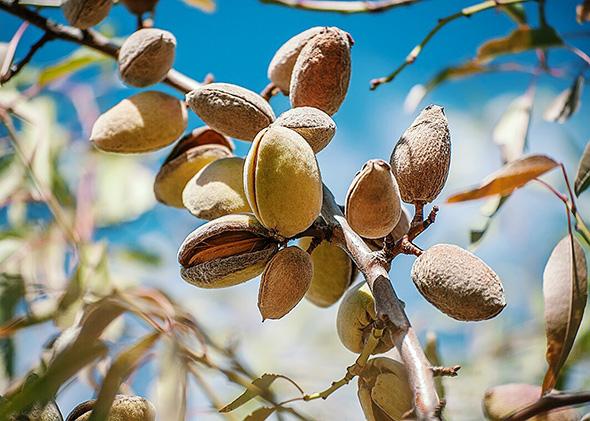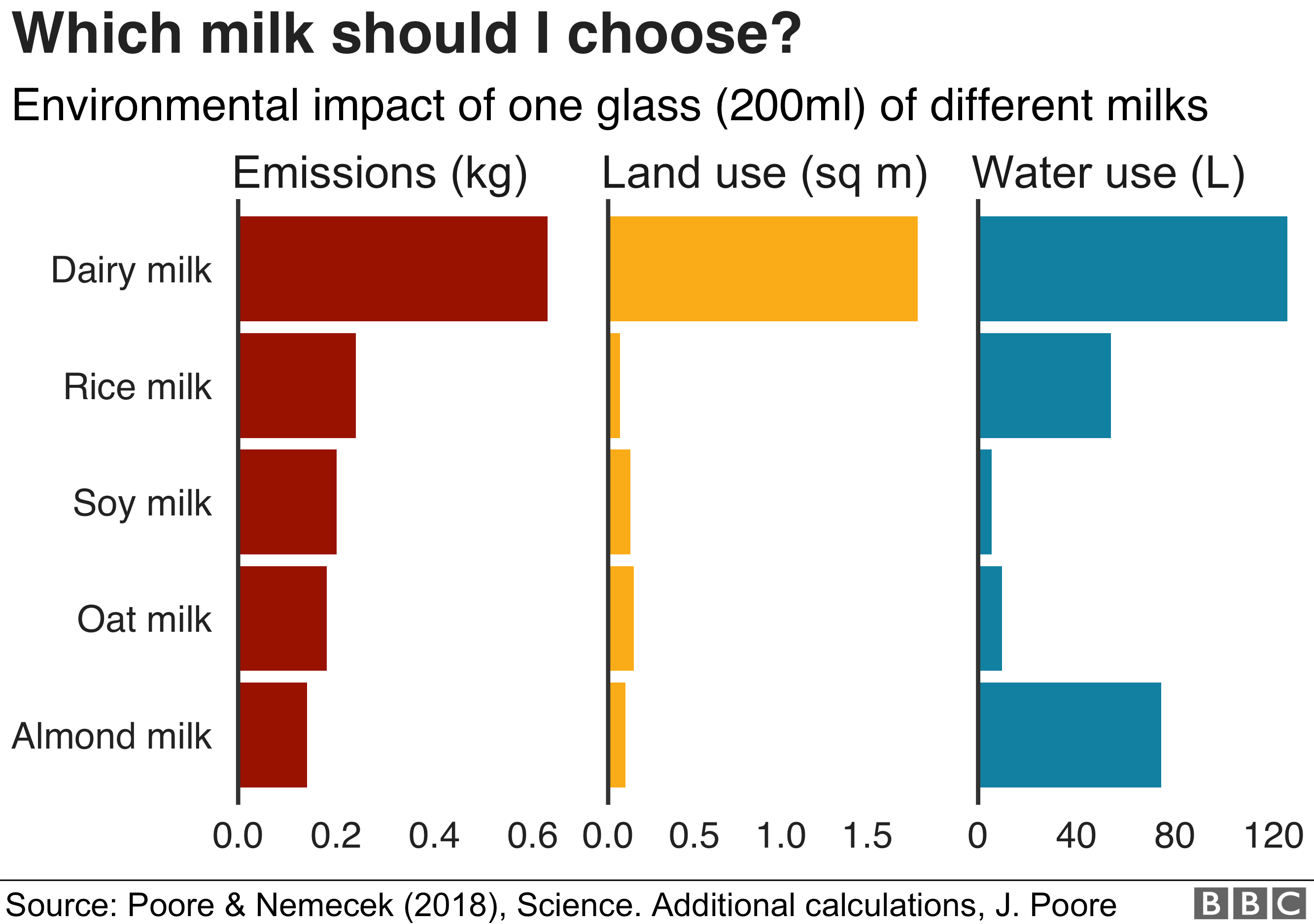Are Almond Trees Harming The Environment? Exploring Their Impact
TÓM TẮT
The Problem With Almonds
Keywords searched by users: Are almond trees bad for the environment are walnuts bad for the environment, are peanuts bad for the environment, are pistachios bad for the environment, are nuts bad for the environment, are oats bad for the environment, why are almonds bad for bees, are avocados bad for the environment, are cashews bad for the environment
Are Almonds Bad For The Environment?
When evaluating the environmental impact of various tree nuts, it’s crucial to recognize that sustainability varies among different types. Almonds, for example, have been subject to scrutiny due to their relatively higher environmental footprint primarily attributed to their substantial water requirements for growth. To put it into perspective, it takes a considerable amount of water, approximately a gallon (equivalent to 4.6 liters), to cultivate a single almond. This intense water demand has led to concerns about the environmental sustainability of almond production.
Are Almonds Or Cashews Worse For The Environment?
Which is the more environmentally friendly choice, almonds or cashews? When comparing their ecological impact, cashews generally outperform almonds in various sustainability metrics. When it comes to water consumption, cashews are slightly less water-intensive than almonds, with almonds being one of the thirstiest crops. However, it’s essential to consider the source of these nuts. Unlike almonds grown in the US, cashews are primarily harvested from trees in their natural habitat, the tropics. This difference in growing conditions can have a significant impact on the overall environmental footprint of these two popular nuts. (Source: August 24, 2022)
What Is The Average Life Of An Almond Tree?
What is the typical lifespan of an almond tree? Almond trees typically have an average lifespan of 20 to 25 years. However, it’s important to note that they do not start bearing fruit until approximately 3 to 4 years after being planted. Furthermore, almond trees exhibit a phenomenon known as alternate bearing, meaning that after a year of producing a large crop, they often yield a lighter crop in the subsequent year due to natural fluctuations in their fruit-bearing cycle. This pattern of alternate bearing can have a significant impact on almond production over the tree’s lifespan, which typically ranges from 20 to 25 years.
Collect 15 Are almond trees bad for the environment



:max_bytes(150000):strip_icc()/4-c4a1891dcad54eee9597c15263941c17.jpg)
Categories: Discover 11 Are Almond Trees Bad For The Environment
See more here: buoitutrung.com

Almonds are one of the most widely grown tree crops in the United States, but their environmental impact is not always positive. What is this? Almonds require large amounts of water and fertilizer to grow; they also produce tons of waste that can pollute waterways and soil.However, some tree nuts are still more sustainable than others. Almonds are often considered less environmentally friendly because they require a lot of water to reach maturity. It takes a gallon (4.6 litres) of water to produce each and every almond.Cashews perform surprisingly well in most measures of sustainability. In terms of water use, they’re just a little less thirsty than almonds, which are among the crops requiring the most hydration. But unlike almonds grown in the US, cashews are mostly harvested from trees in their natural environment, the tropics.
Learn more about the topic Are almond trees bad for the environment.
- Why Is Almond Milk Bad for the Environment? Dairy …
- When it comes to sustainability, not all nuts are created equal
- Are Cashews Healthy, Ethical, or Sustainable?
- Commodity Profile: Almonds – Agricultural Issues Center
- Why is Almond Butter so Expensive? | Food Unwrapped – YouTube
- Dairy vs. plant-based milk: what are the environmental impacts?
See more: https://baannapleangthai.com/tech blog
